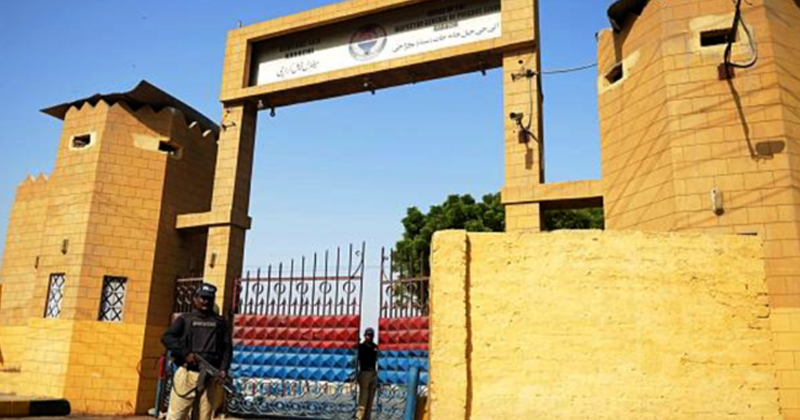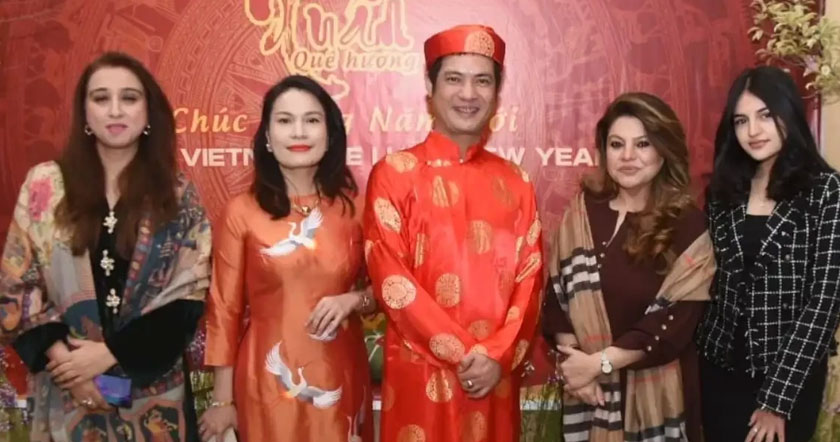All praise is due to Allah The Exalted, and may Allah raise the rank of our beloved Prophet Muhammad peace be upon him, his kind relatives and companions, and protect his nation from that which he feared for them Thereafter;Allah said in the Qur'an :
سورة آل عمران - سورة 3 - آية 7
هو الذي انزل عليك الكتاب منه ايات محكمات هن ام الكتاب واخر متشابهات فاما الذين في قلوبهم زيغ فيتبعون ما تشابه منه ابتغاء الفتنة وابتغاء تاويله وما يعلم تاويله الا الله والراسخون في العلم يقولون امنا به كل من عند ربنا وما يذكر الا اولوا الالباب
This Ayah Means:
<<Allah is the One Who has sent down to the Prophet the Book that contains muhkamat ayat, which are the foundation of the Book, and other ayat which are mutashabihat. Those who have perversity in their hearts, they follow the mutashabihat ayat seeking discord and searching for unbefitting meanings based on their delusions. No one knows their true meanings except Allah and those who are firmly rooted in the knowledge of the Religion. The latter say, "We believe in it, all of it is from our Lord and none will understand the message except men of comprehension>>.
So, know firmly, that the Qur'an contains two types of ayat Muhkamat ayat and Mutashabihat ayat.
Muhkamat ayat :
These are the ayat that have only one meaning according to the rules of the Arabic language or else the meaning of the ayah is clearly known.
Examples of this type of ayat are: the saying of Allah, ta^ala:
ليس كمثله شىء وهو السميع البصير
Suratash-Shura,ayah 11 means: [Absolutely there is nothing like Him] and
His saying, ta^ala:
ولم يكن له كفوا احد
Suratal-Ikhlas, ayah 4 means: [There is nothing which is equal to Him].
Mutashabihat ayat:
These are the ayat that can have many meanings according to the rules of the Arabic language. Assigning meanings to these ayat requires thorough thinking so that acceptable meanings are given to them. Examples of this type of ayat are: the saying of Allah, ta^ala, in Surat Taha, ayah 5:
الرحمن على العرش استوى
This Ayah means: [Allah subjugated the ^arsh in al-azal with a subjugation which is without a beginning, like all of the attributes of Allah.]
According to the rules of the Arabic language, this ayah is among the mutashabihat verses; so they can have many meanings. If meanings are assigned to them, this must be done in a manner that complies with the language and the Religion, and does not contradict the ayat that are muhkamat. Surely the ayat of the Qur'an do not contradict one another. Likewise, the ahadith (sayings of the Prophet, sallallahu ^alayhi wa sallam,) do not contradict one another, and they do not contradict the ayat of the Qur'an





































